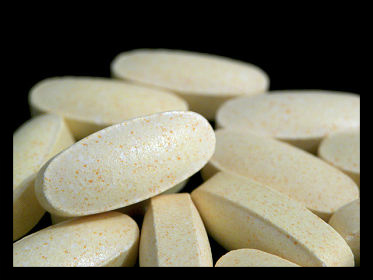Cheaper Hepatitis C Drug for Developing Countries

Gilead Sciences Inc., a drug company based in California, has licensed Sovaldi, its highly effective but expensive Hepatitis C drug, to seven Indian drug companies to distribute the drug to 91 developing countries at a much lower cost.
With approximately 180 million people suffering from Hepatitis C and nearly 350,000 dying each year in countries of low- and middle-income, the licensing will allow many of these people to receive treatment they most likely would not have been able to receive at the original cost.
The licensing agreement provides the Indian companies with direct access to Gilead’s manufacturing process so that production can be scaled up immediately and as quickly as possible.
Hepatitis C is typically transmitted through medical procedures, intravenous drug use or sexual intercourse, and it can remain undetected and unnoticed for a number years, eventually causing liver scarring and failure.
Chemically known as sofosbuvir, Sovaldi is radically more effective than previous injection regimens. Clinical trials showed a 90 percent cure rate after 12 weeks of treatment, a substantial increase over the 60 percent cure rate of previous treatments. Moreover, previous treatments had typically required taking numerous pills a day and antiviral injections, making the routine of Sovaldi, one pill a day, particularly appealing as well.
However, Gilead has received criticism regarding how extraordinarily expensive the drug is, costing $1,000 for one pill or $84,000 for a 12-week course in the United States. Its next-generation is expected to cost even more.
Gilead is planning to release its own brand of the drug in India for about $10 a pill or 1 percent of the cost in the United States. With India accounting for more than half of the world’s affected population, the cheap price is especially promising. In addition, Egypt, having the highest prevalence of Hepatitis C in the world, is also going to be provided with Sovaldi at $10 a pill by Gilead.
The seven Indian generic producers are allowed to set their own prices, and Gilead’s planned prices are expected to force the seven Indian companies to charge even lower prices to compete. They are also to pay royalties based on their sales to Gilead under the licensing agreement.
The licensing agreement also includes the next generation of Sovaldi, which is a combination of sofosbuvir and the experimental therapy ledipasvir, currently being tested by U.S. regulators.
In the U.S., officials have said Gilead’s drug could drain Medicaid budgets and increase private insurance premiums. In addition to the intense criticism the company has attracted domestically, Gilead’s licensing choices have attracted criticism due to their omission of middle-income countries that struggle to afford Sovaldi as well.
In more developed countries that were not included in the licensing agreements, such as China and Brazil, Gregg Alton, Gilead’s executive vice president, has stated Gilead will sell the drug at more than $10 a pill.
Regardless of the controversial nature of the Gilead’s licensing choices, the provision of a cheaper Hepatitis C drug to much of the world’s affect population is going to make a powerful impact and serve to help alleviate poverty around the world.
– William Ying
Sources: Gilead, Reuters, New York Times, Time, Wall Street Journal
Photo: Flickr
